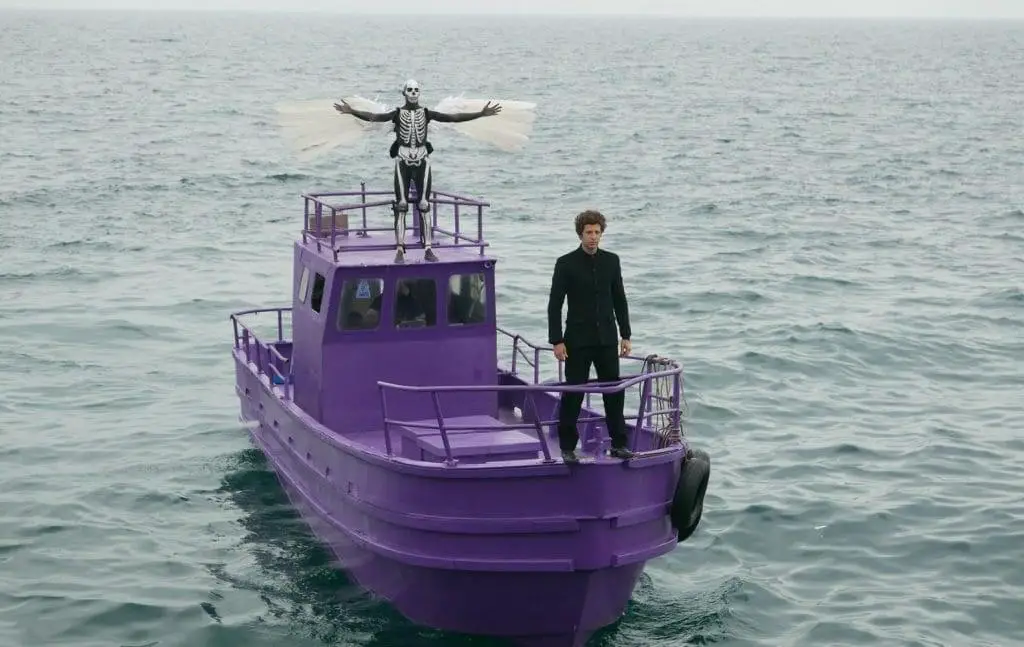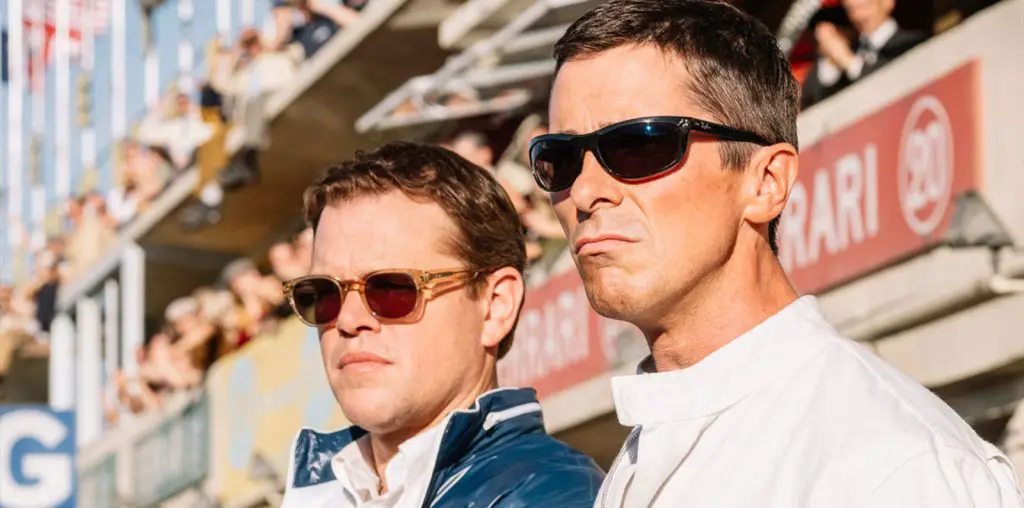
“Big River Man” has a lot of things going for it. The story of a crazyass endurance swimmer, Martin Strel, and his son, Borut, whose job as a secretary/speech writer/PR man for his father prevents him from going to college and moving on with his life. Simultaneously, the film seems to have an environmental slant, making shallow claims (claims that the director himself admits he doesn’t buy) that Martin swims to bring environmental awareness to the filthy water he practically lives in.
Risking heart attacks, strokes, insanity, exhaustion, piranhas, alligators, disease, and those little urine-attracted fish that swim up wieners and release spiky barbs, Martin decides to swim the length of the Amazon River. With the help of his son and his “navigator” (actually a Wal-Mart employee from Michigan who serves more as Martin’s biggest fan than as a guide) Martin goes through physical and mental hell to accomplish his goals. Though the purpose of these goals is still in question.
This documentary has a great story behind it. Watching Martin sink into insanity, fighting blistering sunburns with a white, Klan-esque sheet draped over his head, and drinking whiskey from water bottles while still treading water is entertaining to say the least. However, from the first uncertain moments when Martin is introduced as a drunk, horse-eating environmentalist with a gambling habit it is clear that the film suffers from a lack of focus.
“There is a huge obstacle built into the concept of ‘Big River Man.’ How do you make a film about a man who doesn’t speak English and does nothing but swim… even if it is the Amazon,” writes the director, John Maringouin. But as he goes on to say, there is much more involved in the story. This much is clear, “Big River Man” fits so much into the story of Martin, provides so many pseudo-answers to so many constructed problems that it is always unclear what the film is really about.
With Martin unable to speak English in a film that provides no subtitles, he is never permitted to tell his side of the story. Instead, his son gives us his version of events, which is muddled. We are never allowed inside Martin’s mind. This in itself is not a problem; many documentaries have tackled illusive subjects from outside perspectives. “Big River Man,” however, never quite accomplishes any honest exploration of anyone’s perspectives. Is Martin a sacrificial Christ figure – or perhaps Christ himself – as his whacked out guide suggests, is he fame starved as the camera seems to imply, or is his long-distance swimming really a political statement about environmental destruction? The film never stops on any one of these suggestions and takes the time to think it through.
Character development and plot struggle as a result. One minute characters are wolfing down horse burgers, and the next they are swimming in the Yangtze River, passing bloated bodies. Mood and plot shift as quickly as the whirlpools threatening to pull Martin down.

